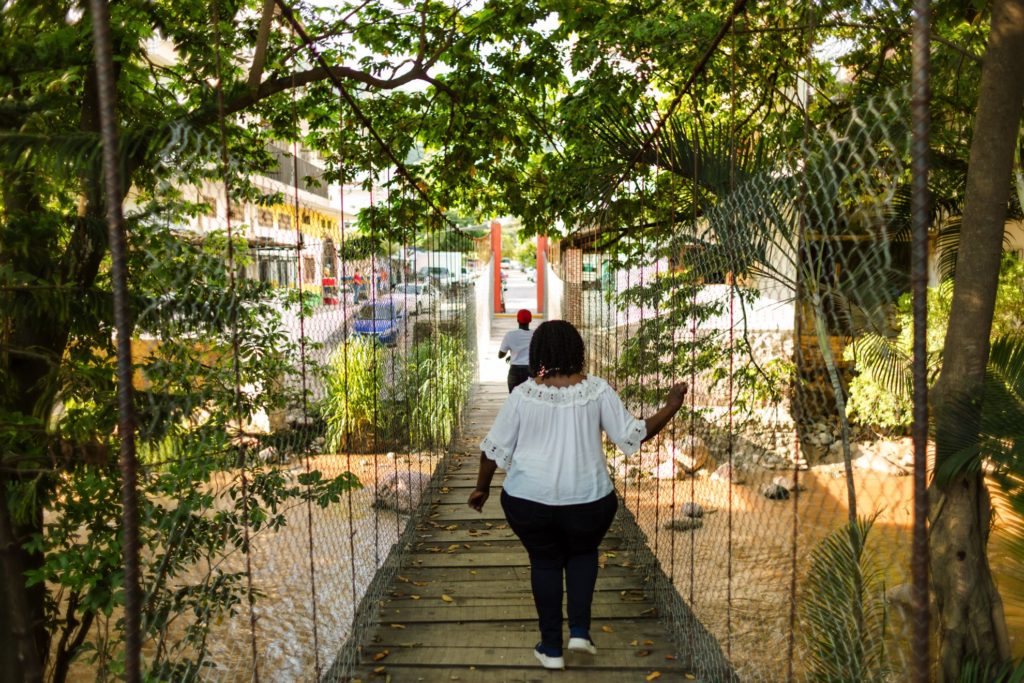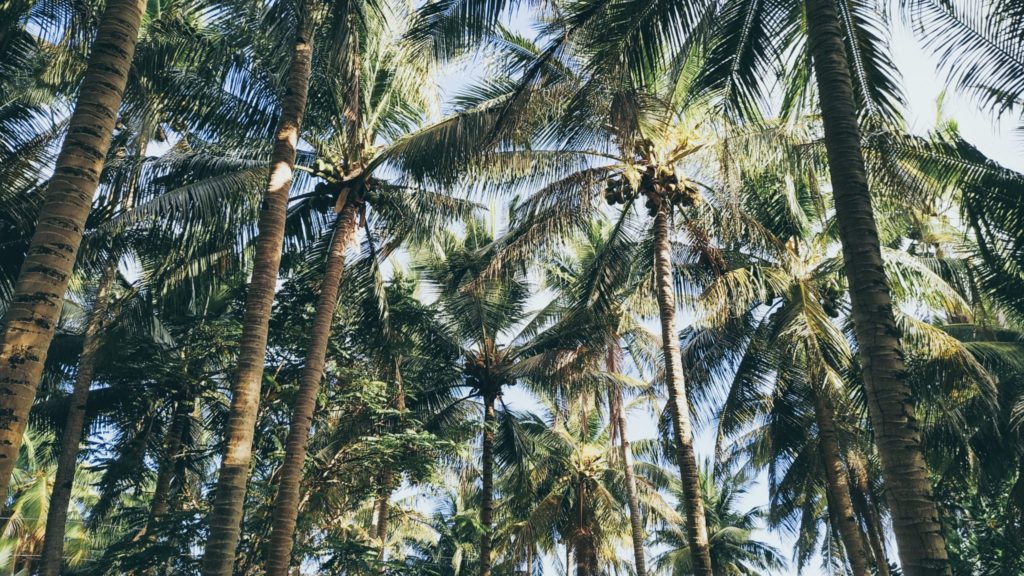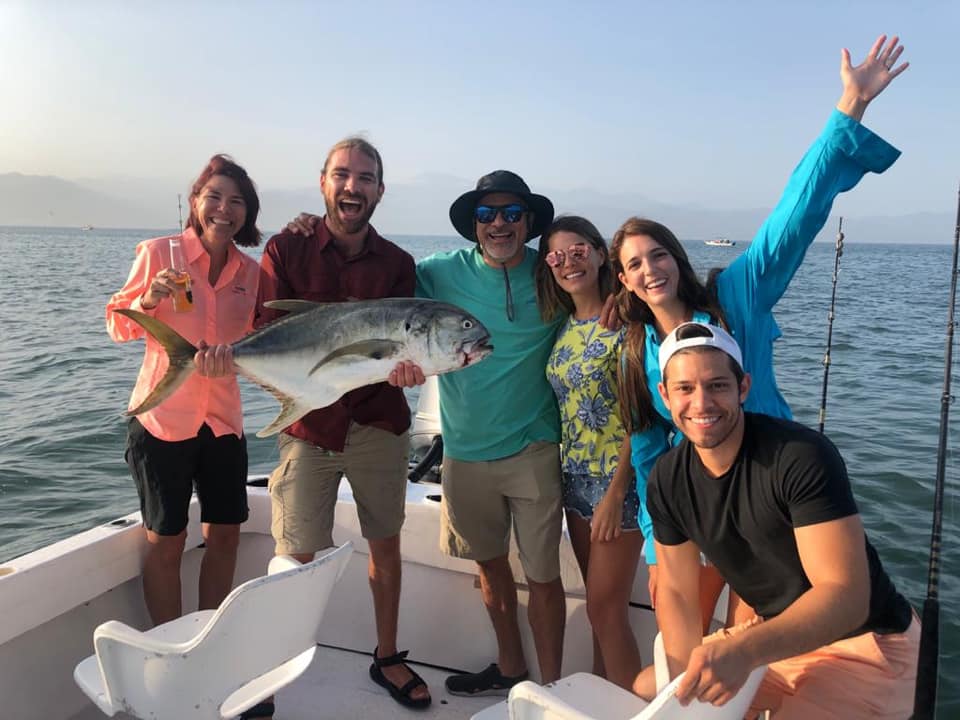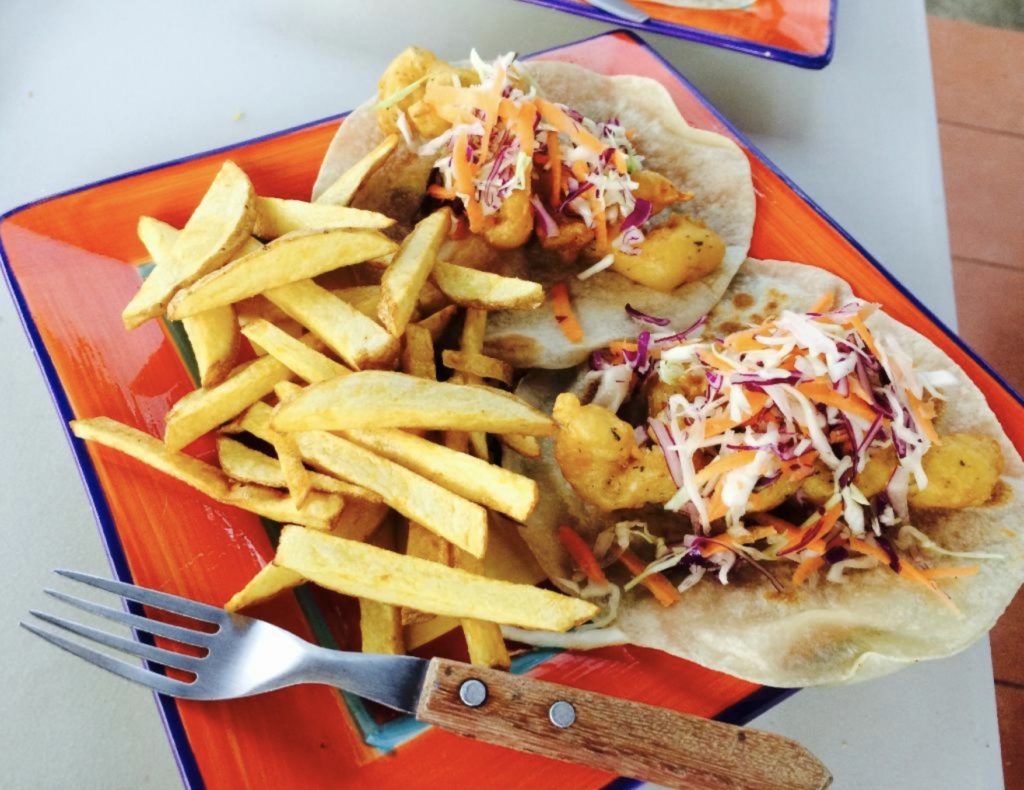Puerto Vallarta and the surrounding areas such as Nuevo Vallarta, Bucerias, or Sayulita have become some of the most popular beach destinations in Mexico. If you’re planning a trip here, you might wonder: Is Puerto Vallarta safe? Is there a high crime rate? Are there health and hygiene protocols in place?
Those are all perfectly valid things to ask!
Below we’ll cover some important safety and travel topics, and hopefully this information will help put your mind at ease if you are considering traveling safely to Puerto Vallarta, Mexico.
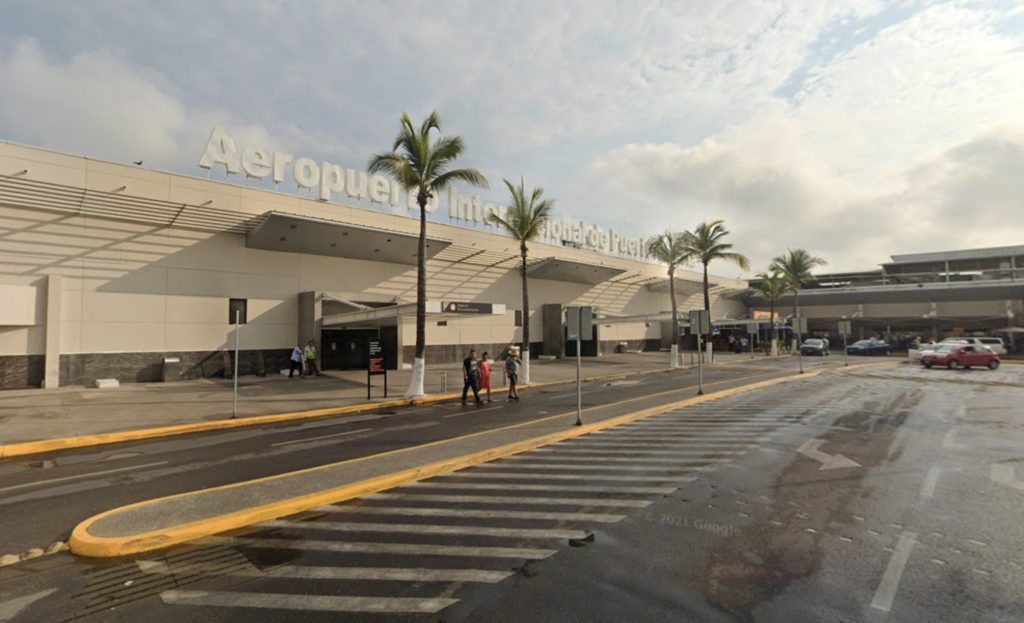
Is Puerto Vallarta Safe?
You’ve read the headlines, you’ve watched the news, you’ve seen the movies, but we’re here to tell you the truth: Is it a good idea to visit Mexico? Is Puerto Vallarta safe to travel to?
While the perception is that Mexico is a dangerous place to visit, it’s a massive country with vastly different regions. Puerto Vallarta is a very safe destination for international travelers, although tourists should obviously exercise caution, just as they would in their own countries.
Keep reading to learn about the crime rate, general safety tips, cartel news, and common scams to watch out for.
Puerto Vallarta Crime Rate
When comparing the crime rate in Puerto Vallarta with other cities, you’ll notice that it is very safe… even safer than many cities in the US (see comparison table below). In addition, Puerto Vallarta is very LGBT-friendly with a very laid-back atmosphere.
| Puerto Vallarta | Maui, HI | Anaheim, CA | |
| Level of Crime Index | 34.43 (Low) | 58.33 (Moderate) | 53.24 (Moderate) |
| Safety Scale | 64.63 (High) | 50.49 (Moderate) | 46.76 (Moderate) |
Puerto Vallarta regularly contracts leading international firms specialized in tourism security to conduct a comprehensive Tourist Threat Vulnerability Assessment (2011, 2012, and 2014). The resulting appraisal discovered the following:
“The most common offense in Puerto Vallarta is public drunkenness and the most common serious crime is residential burglary, followed by auto theft. Carjackings are rare since Law Enforcement can close both North and Southbound traffic very quickly. Police maps indicate most serious crimes occur outside the tourist zones. Tour guides report the most common crimes suffered by tourists are usually common theft due to inattentive events i.e. misplacement of personal items or insecure backpacks.”
– Thomas Dale and Associates
Corruption & Bribery
Puerto Vallarta’s main problem seems to be corruption and bribery. According to Numbeo, Puerto Vallarta’s corruption index is 63.96 / 100. If you are visiting our city, please do not ever try to bribe the cops. Paying a police officer directly is against the law, and it amounts to soliciting bribery. There is no legal way to pay a spot fine, and fines can only be paid at the office. Simply accept the ticket, and the cop will ask for a document as a guarantee; e.g. your driver’s license or the car’s license plate. Once you go to pay the ticket at the office, this document will be returned. It really is not a complicated process.
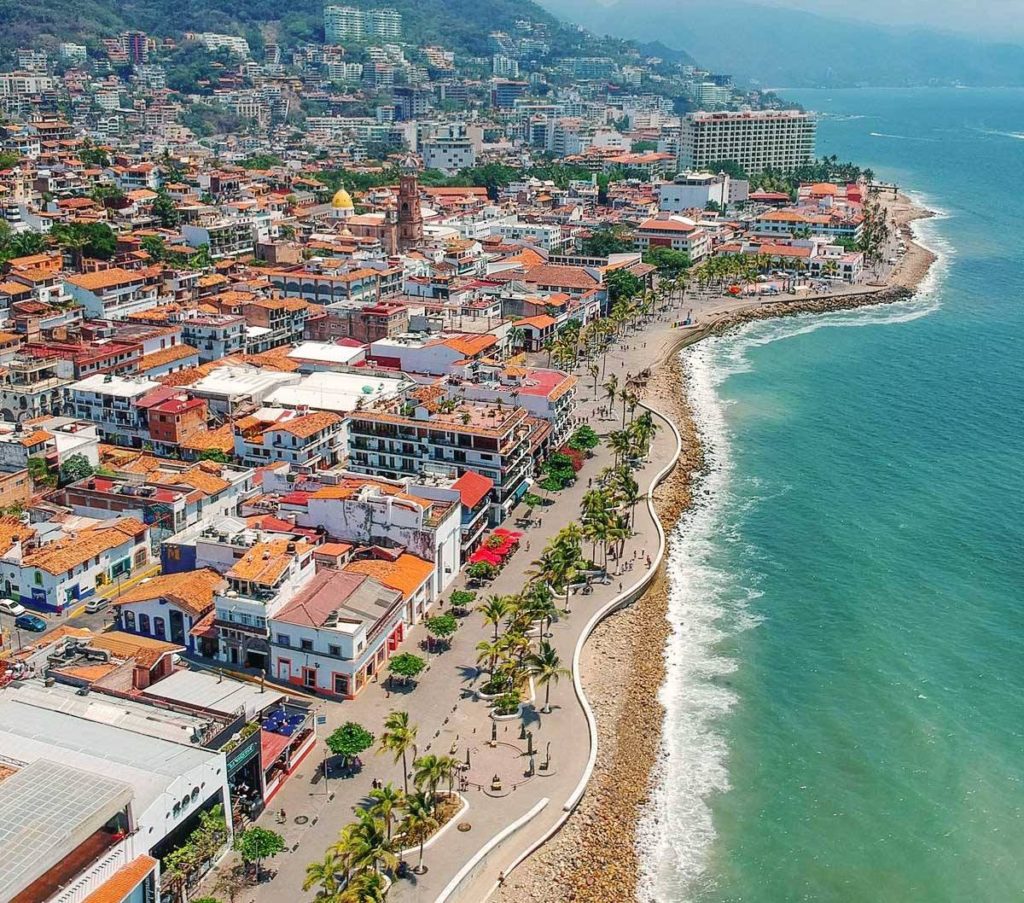
Safety Tips & Precautions
Puerto Vallarta is a relatively small and quiet city (population: ~250,000) where you rarely hear about violent crimes. You will occasionally hear about petty theft or home robberies, but travelers have very little to worry about as long as they use common sense and follow a few simple safety guidelines:
Before your Travels
- Leave your travel itinerary and contact information with friends and family.
- Check medical insurance to ensure you are covered during your trip, or get travel insurance.
- Make a list of relevant hospitals and U.S. Embassies in the area.
- Register your travels with the U.S. Department of State here.
- Have emergency numbers and maps already downloaded on your phone.
While Visiting Puerto Vallarta
- Call 911 in case of an emergency.
- Try to keep a low profile. Do not flash cash around and do not wear fancy jewelry. Don’t make yourself an easy target for theft. Use common sense, just as you would back home.
- When pulling out cash at an ATM, be mindful of anything that may look suspicious near the vicinity of the cash machine. If anything looks fishy, simply find another ATM.
- Keep your valuables in a safe (if possible).
- When driving outside the city, avoid isolated roads and use toll road highways when possible.
- When walking around town at night, try to stay in well-lit areas.
Common Travel Scams
- We’re hearing more and more about the mustard scam. Someone squirts mustard or some awful goop on you and then points it out and offers to help you clean it off. While you’re distracted they’ll grab your wallet and take off before you even notice it is gone.
- Don’t pay with dollars at stores or restaurants since they’ll probably be giving you a bad exchange rate. Instead, learn how to get pesos from an ATM without paying huge fees!
- There have been reports of fraudulent rental listings and classified ads on places like Facebook or Craigslist. Make sure you are booking from one of the popular booking platforms (with buyer protection rights), or from a professional host that has proven history and guest reviews.
- To avoid bank card cloning or skimming, never allow your cards out of your sight. If your card has a “chip & pin” method, ask your waiter to bring the payment terminal to your table and cover your hand as you enter your PIN. If the terminal is not portable take your card to the cashier to pay. This is very normal.
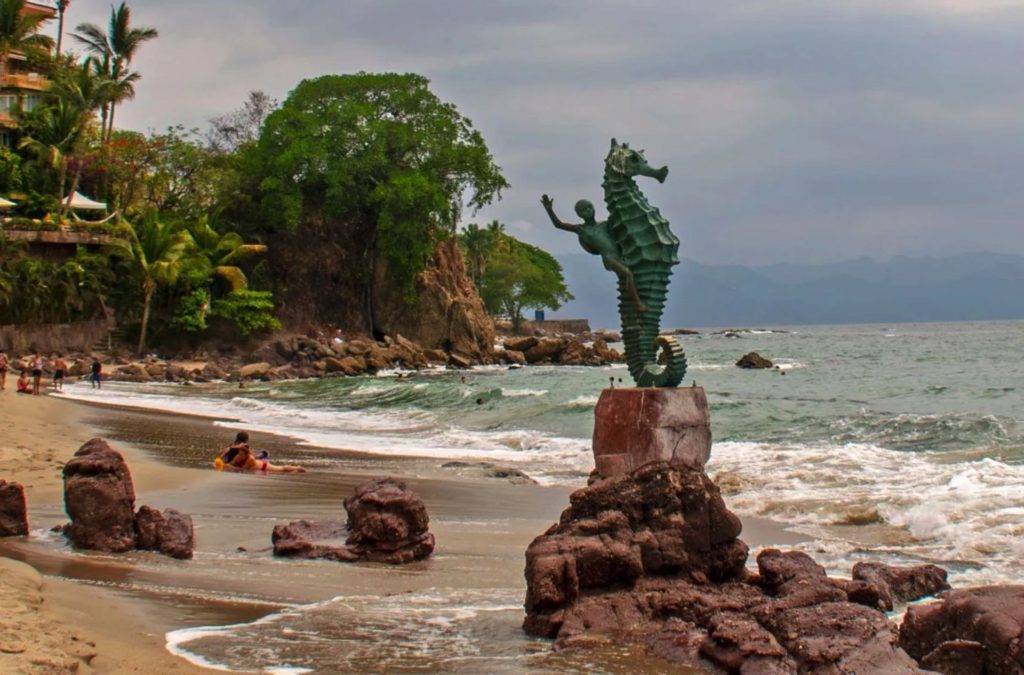
Cartel & Drug Violence
Violent crimes in Mexico started to increase back in 2006 when the government decided to crack down on the cartels. Fighting over trafficking routes comprises a lot of Mexico’s crime and murder, but the cartels started to realize that tourists are a big market for the consumption of drugs, which makes them high revenue generators. This is what drove up the violence in tourist destinations such as Cancun, Mazatlan, or Los Cabos. Acapulco was once a world-renowned tourist hotspot but it turned into one of the most dangerous cities in the world.
Just to be clear, drugs are highly illegal in Mexico. Even if someone offers to sell you some on the beach or on the street, just say NO. If you purchase any, you are supporting the cartels financially with your own money. Please support our community and do not help fund violent crime in our country. Plus, foreigners charged with drug possession can be kept in a Mexican prison for months before their cases finally go to court.
The latest crime news in Puerto Vallarta was in December 2020 when the cartel was allegedly linked to the shooting and assassination of the former governor of Jalisco, Aristóteles Sandoval while he was vacationing at a popular beach resort. It was one of the highest-profile political killings in Mexico in recent memory. We have definitely noticed an ‘increased presence of Mexican security forces‘, a few clashes with the military, and even a case where suspected drug cartel gunmen abducted two off-duty female soldiers at gunpoint. That being said, the Puerto Vallarta crime rate continues to be very low and the Puerto Vallarta area has remained safe over the years.
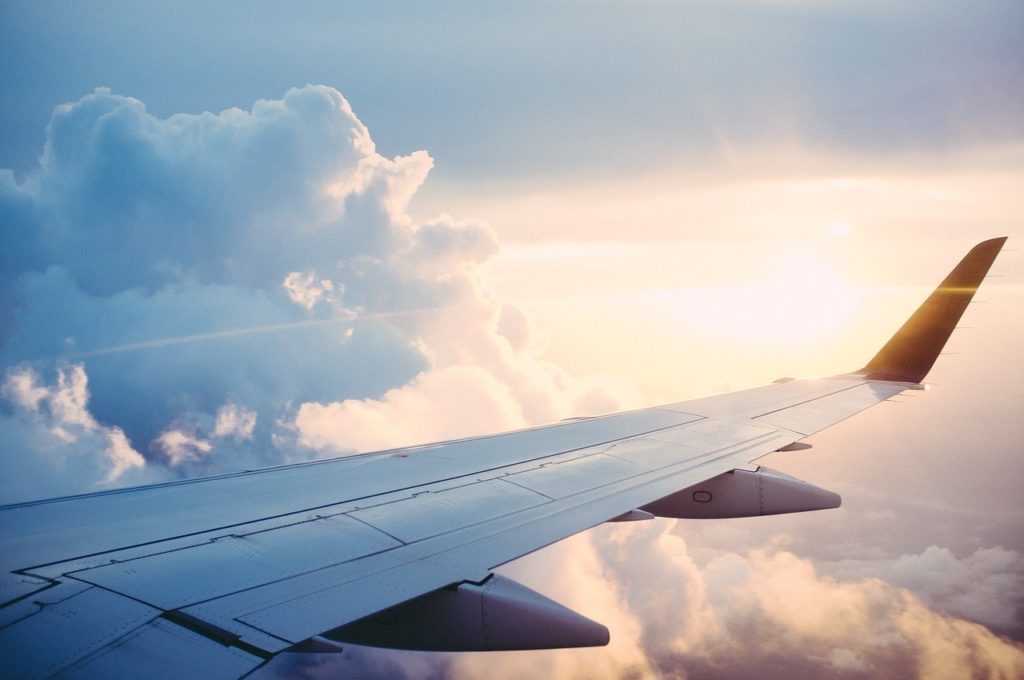
Vallarta Travel Warnings & Advisories
Make sure to check the Mexico Travel Advisory page of the U.S. State Department to check for the latest news and travel safety information, as it changes frequently. According to their latest travel advisory, Mexico is considered:
Level 3: Reconsider Travel
The crime and violence rates referenced in the travel advisory are for broad regions while the incidence of this activity tends to be highly concentrated in areas which are not frequented by travelers. Visitors who use common sense and travel in areas frequented by other tourists are safe and have enjoyable visits.
The Government of Canada is another great source. Whereas the U.S. Department of State provides travel warnings for every specific region of Mexico, the Government of Canada offers more general warnings with advice on areas to avoid.
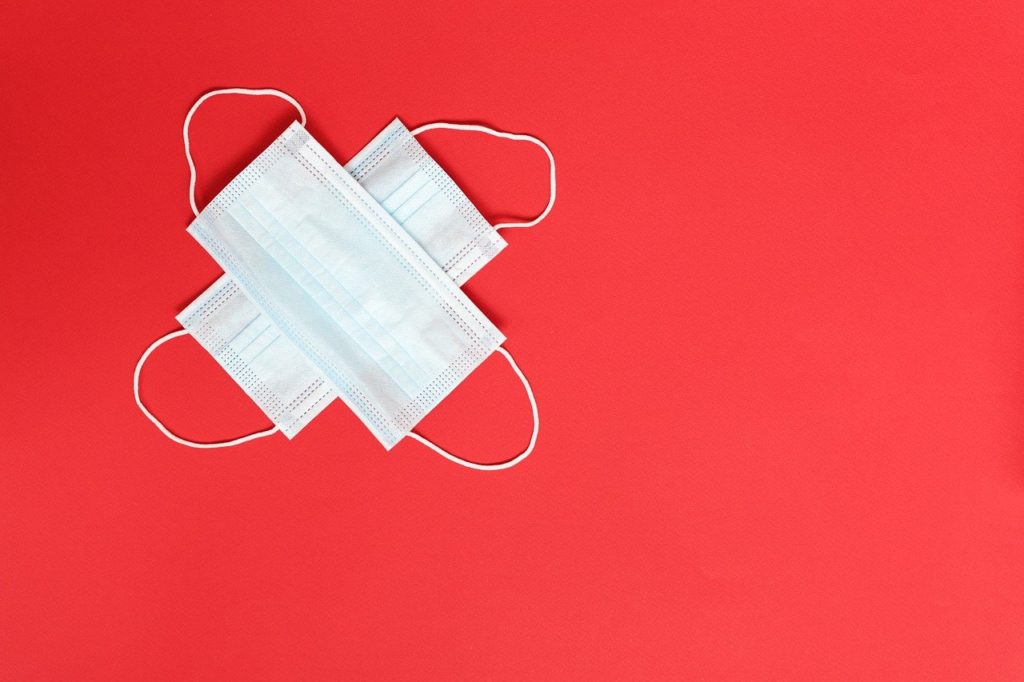
Travel Insurance
Travel insurance is great for covering things like:
- Medical emergency insurance: Your health plan back home may provide zero or very little coverage in Mexico. This type of insurance may reimburse you for medical expenses you incur because of an illness or accident that occurs during your trip.
- Trip cancellation insurance: This covers non-refundable expenses such as tours, excursions, hotels, etc. For example, if a storm hits your vacation destination and forces you to cancel the trip, this insurance can cover 100% of the non-refundable trip expenses that you prepaid. It also covers cancellation due to diagnosed illness before traveling.
- Quarantine accommodations: Get coverage for accomodations if you have to quarantine at your destination.
- Trip interruption coverage: This is in case you need to cut your trip short and return home sooner than expected. These benefits apply if you or a traveling companion become ill or injured during a trip, for example.
We personally use InsureMyTrip since they are the largest unbiased travel insurance site that allows you to compare prices across dozens of providers and filter for only the specific coverage options you want. Every program is different and it’s important to review the terms of the insurance policy to determine if the plan is right for your needs. To get a quick estimate, click the button below:
Health & Hygiene
There is a lot of misinformation out there and really it’s about making sure you have all the information so that you can make the right decision for yourself and your family.
General Health Protocols
Puerto Vallarta took the health and hygiene protocols very seriously from the very start to ensure the safety of its citizens and visitors. Puerto Vallarta was actually one of the first cities to obtain the Safe Travels seal issued by the World Travel and Tourism Council (WTTC) for complying with the hygiene and sanitation standards.
The state of Jalisco actually made the use of masks mandatory for the service industry. Staff at restaurants around town will always be wearing masks, and hotels are operating at a limited capacity. Every restaurant is required to administer hand sanitizer and to take the temperature of every customer before entering.
At most hotels, pool chairs are disinfected between each use, public areas are frequently sanitized, and plastic barriers are set up at counters where guests and employees interact.
All the major grocery chains are all checking temperatures as you enter the shopping centers and they make sure everyone has a mask on.
It is pretty easy to follow all the health and hygiene protocols. Wear masks whenever you are indoors without good airflow. Carry hand sanitizer around with you, but most businesses will require a temperature check and will dispense hand sanitizer.
Tap Water
Can you drink the tap water in Puerto Vallarta? It has actually been rated as perfectly safe for human consumption with a certificate of purity for 30 consecutive years. Soraya Topete Camacho, the head of the city’s water quality & testing, said “The population can rest assured that they are receiving quality water. At the national level, we are the only city with 30 consecutive years complying.”
“Touristically, our drinking water quality is something that we need to show off and promote. Many other tourist destinations would love to have drinking water of this quality. It is a great achievement, it gives us pride and a tremendous promotional tool for the city.”
– SEAPAL (Puerto Vallarta’s Potable Water, Drainage, and Sewerage Services)
The local government invested a decent amount of money into a state-of-the-art water treatment system so that everybody can have clean drinking water. So yes, you can probably drink the tap water in Puerto Vallarta, just be aware that some areas and buildings may have old pipes. If in doubt, ask your hotel or accommodation if the water is ok to drink.
Ocean Water Quality
Puerto Vallarta has the coveted Blue Flag status, an international certification that recognizes excellence in security, environmental management, and quality of beaches & marinas. The ocean water is also regularly tested by the Mexican government agency, COFEPRIS.
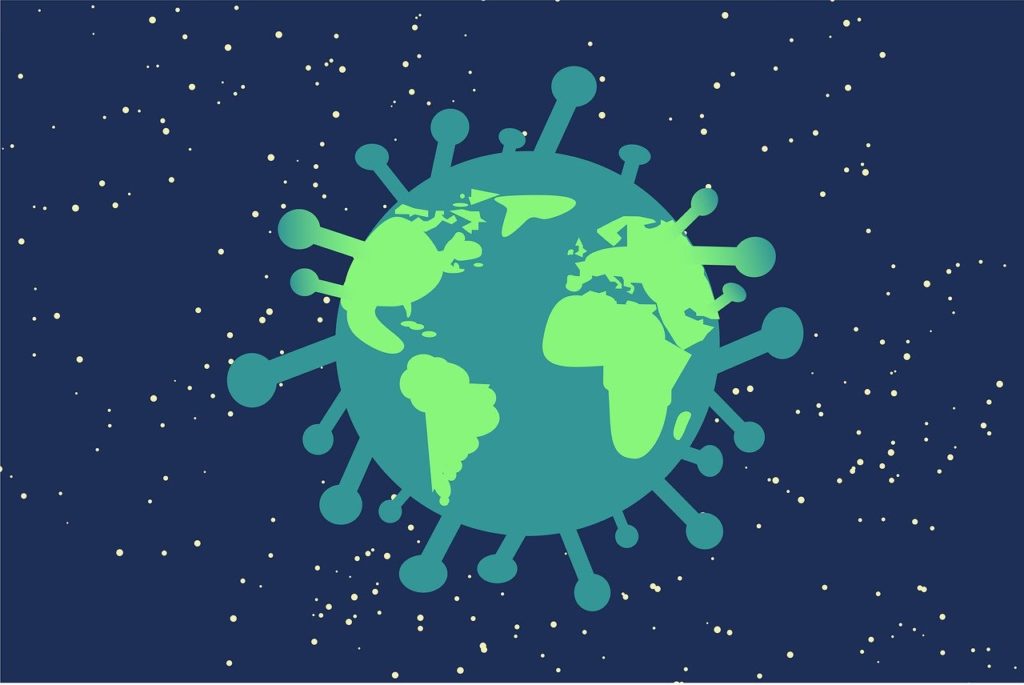
Emergency Information
Though no one wants to think that they will have an emergency while traveling abroad, it happens. We highly recommend registering your travel dates with your consulate. This is easy to do and can be done online. US citizens can go to the Smart Traveler Enrollment website and Canadians can go to the Registration of Canadians Abroad. British Nationals traveling to Mexico can find important information on the Mexico Foreign Travel Advice website.
Creating an Emergency Card
In the case of an emergency, it makes everything much easier if you have all your important information compiled in one place. We suggest creating an emergency card with all the following information and share it with your family and friends (and maybe even have a copy of it in your wallet or purse):
- Medication allergies and a list of medications you take.
- Blood type.
- Emergency contact information (preferably a blood relative). Include name, relationship, phone number, address, and email address.
- Your insurance information.
Contact Information
- Dial 911 in case of an emergency
- Nearby Hospitals
- CMQ Hospital Puerto Vallarta: +52 322 223 1919
- Hospital CMQ Riviera Nayarit (Bucerias): +52 329 298 0717
- Hospital Joya Riviera (Nuevo Vallarta): +52 322 226 8181
- Hospital Joya Marina Vallarta: +52 322 226 1010
- U.S. Consular Agency
- +52 333 268 2100
- Paseo de los Cocoteros #85, Nuevo Vallarta, Nayarit
- Consular Agency of Canada
- +52 322 293 0098
- Plaza Peninsula, Blvrd Francisco Medina Ascencio 2485, Puerto Vallarta, Jalisco
- Vallarta Tourism Center
- +52 322 221 2676
FAQ
According to Numbeo’s Level of Crime Index, Puerto Vallarta has a crime rate of 38/100, which is considered low. In comparison, Maui is 58/100 and Miami is 58/100.
While the perception is that Mexico is a dangerous place to visit, it’s a massive country with vastly different regions. The cartel violence that makes headlines is concentrated far away from our little beach town. Puerto Vallarta is a very safe destination for international travelers, although tourists should obviously exercise caution, just as they would in their own countries.
Puerto Vallarta is a relatively small and quiet city where you rarely hear about violent crimes. You will occasionally hear about petty theft or home robberies, but tourists have very little to worry about as long as they use common sense and follow a few simple safety guidelines.
Make sure to check the Mexico Travel Advisory page of the U.S. State Department to check for the latest news and travel safety information, as it changes frequently. The Government of Canada is another great source. Whereas the U.S. Department of State provides travel warnings for every specific region of Mexico, the Government of Canada offers more general warnings with advice on areas to avoid.
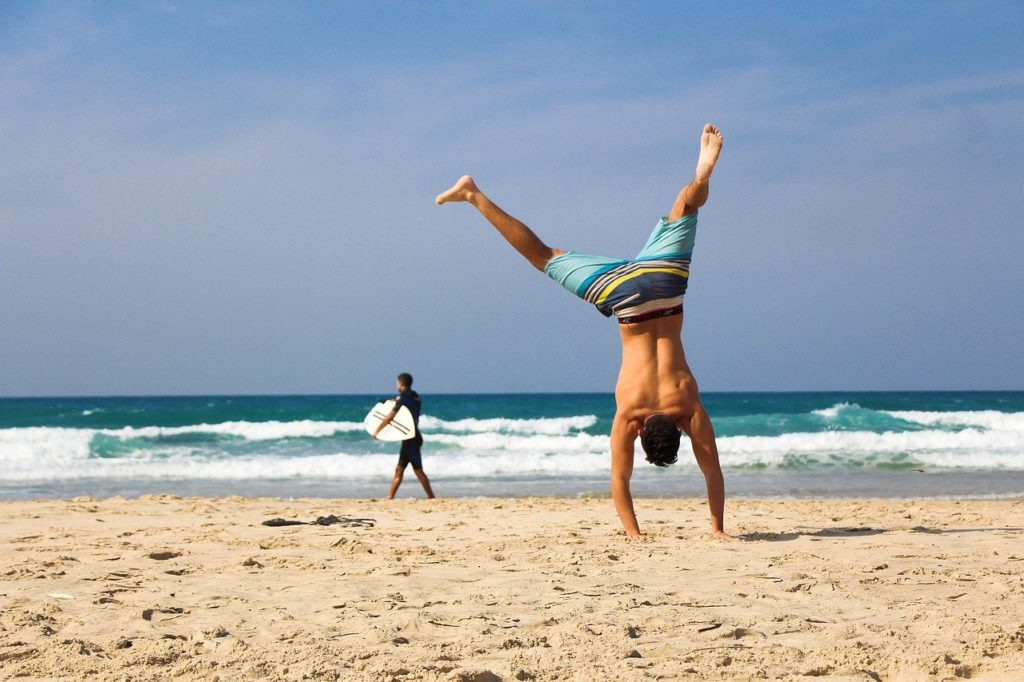
Some of the links above are affiliate links. This means we may make a small commission (at no extra cost to you) if you click and make a qualifying purchase.

